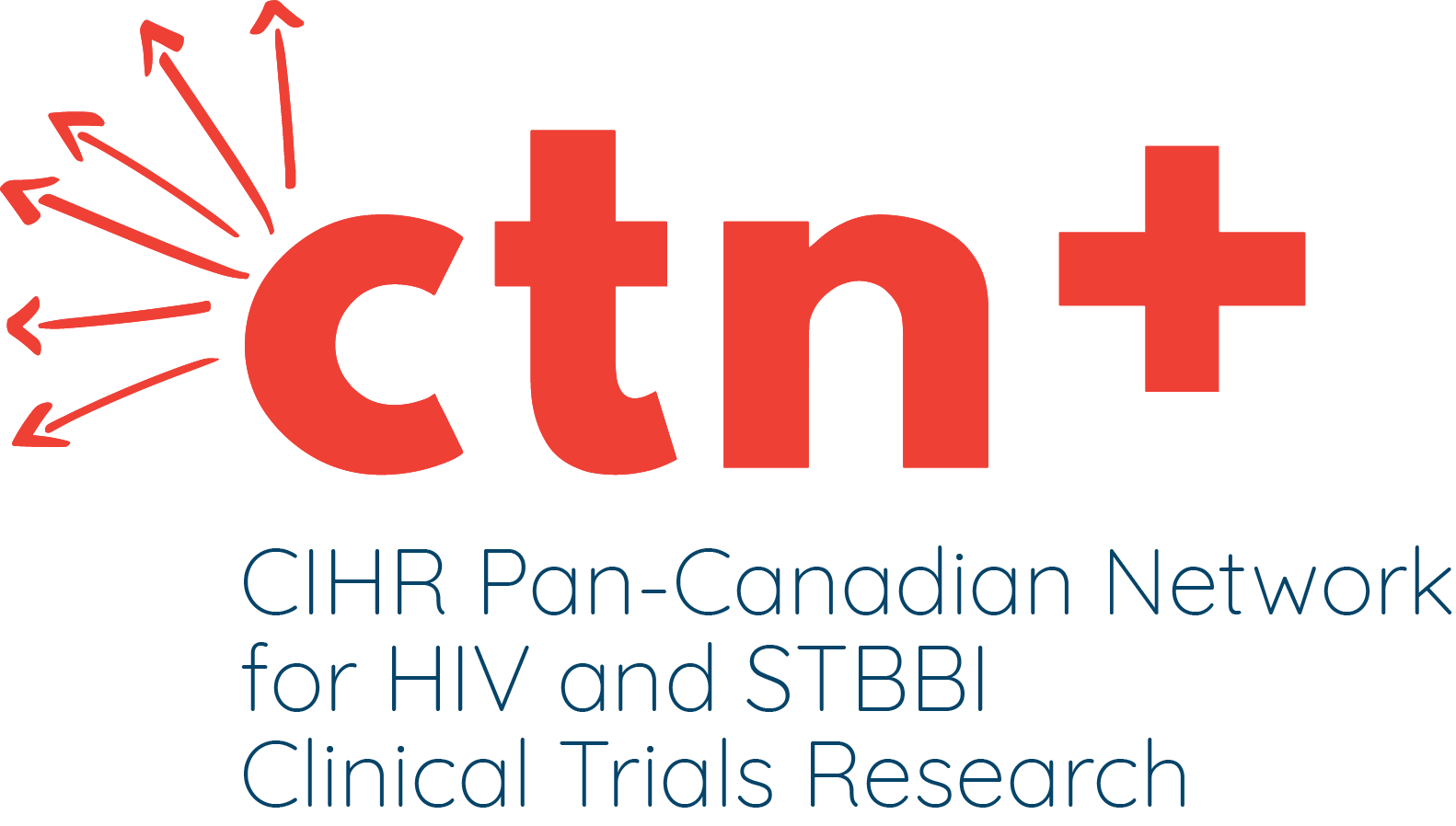About The Study
The study will compare the virologic benefit of adding vicriviroc to an optimized background regimen to a control group receiving placebo plus the new optimized background therapy.
The optimized background regimen will be chosen by the investigator based on results of drug susceptibility tests performed at screening, history of prior antiretroviral drug use by the patient, and drug toxicity. Primary efficacy analysis will be conducted when all participants have completed 48 weeks of treatment. An interim analysis will be performed when all participants have completed 24 weeks of treatment. If vicriviroc at the dose studied proves to be safe and efficacious, study participants who successfully complete 48 weeks of treatment or for whom vicriviroc is medically appropriate will be offered vicriviroc free of charge until the drug is commercially available.
This is a randomized, double-blind, placebo-controlled, parallel-group, multi-center study of vicriviroc maleate in HIV people infected with CCR5-tropic virus only and who have documented resistance to at least 2 of the 3 antiretroviral drug classes (NRTI, NNRTI or PI) or at least 6 months experience with at least 2 of the following: one NRTI, one NNRTI, or two PIs (excluding low-dose ritonavir) and failed at least one standard triple-drug regimen.
Study Approach
Vicriviroc is an investigational drug (not yet approved by Government Regulatory Authorities for commercial use) that belongs to a new class of drugs, called CCR5 receptor blockers. This group of drugs blocks one of the ways HIV enters T-cells (the cells that fight infection). Previous smaller studies in HIV treatment-experienced patients have shown that vicriviroc is safe and effective. The purpose of this study is to confirm the previous findings in a larger phase 3 study over a 48-week period, and show that, when taken in combination with other appropriate HIV drugs, vicriviroc can decrease the level of HIV (viral load) in the blood and that it is well tolerated.
This trial is also listed on Clinicaltrials.gov
Eligibility Requirements
Required
- Must be infected with HIV-1 virus
- Must have documented plasma HIV-1 RNA >1000 copies/mL within 60 days of Visit 1/Day 1 (randomization)
- Must be either on a stable regimen of 3 or more antiretroviral (ART) for at least 4 weeks prior to the screening visit OR on no ART agents for at least 4 weeks prior to the screening visit
- Must be ART experienced and have documented resistance to at least 2 of the following 3 drug classes: nucleoside reverse transcriptase inhibitor (NRTI); non-nucleoside reverse transcriptase inhibitor (NNRTI); or protease inhibitor (PI) OR must have ART class experience for at least 6 months with at least two of the following: one NRTI; one NNRTI; two PIs (excluding low-dose ritonavir)
- Women of childbearing potential must agree to use a medically accepted method of contraceptive as defined by the protocol
- Must be willing to initiate CD4+ cell count-guided chemoprophylaxis to prevent opportunistic infection as defined in protocol
Not Allowed
- People with detectable CXCR4-tropic or dual/mixed CCR5/CXCR4-tropic HIV isolates at screening
- People with prior history of malignancy (with exceptions of cutaneous Kaposi’s sarcoma without visceral or mucosal involvement that resolved with HAART but without systemic anti-cancer treatment, and basal-cell carcinoma of skin); or prior receipt of cytoxic cancer chemotherapy that may increase the risk of malignancy
- People with seizure disorder requiring anti-seizure therapy or with any condition that is likely to increase risk of seizure (CNS malignancy or toxoplasmosis)
Additional Information
For more information about this study, visit clinicaltrials.gov.
